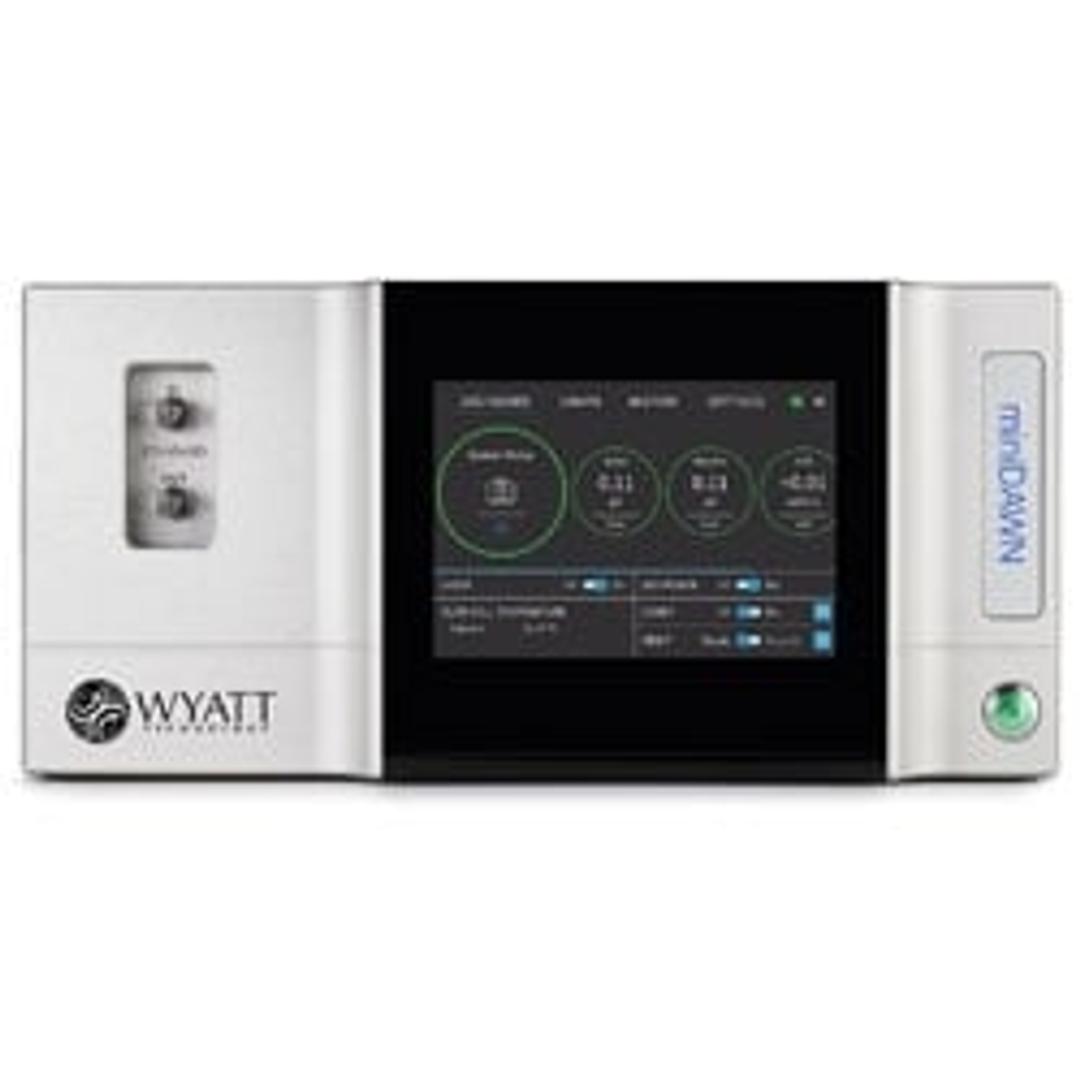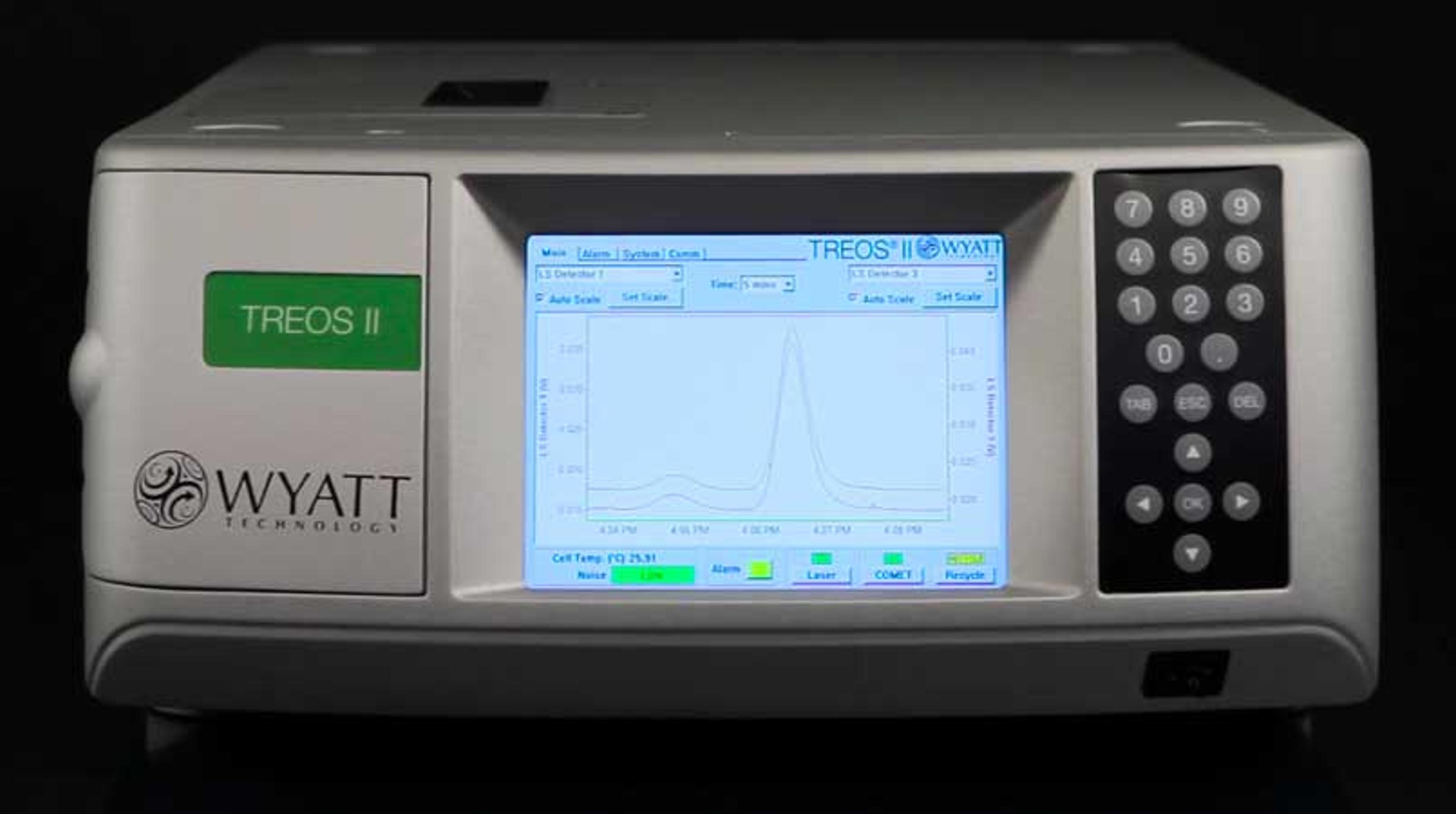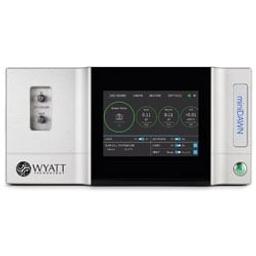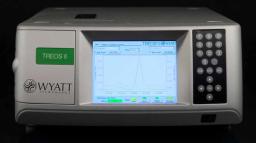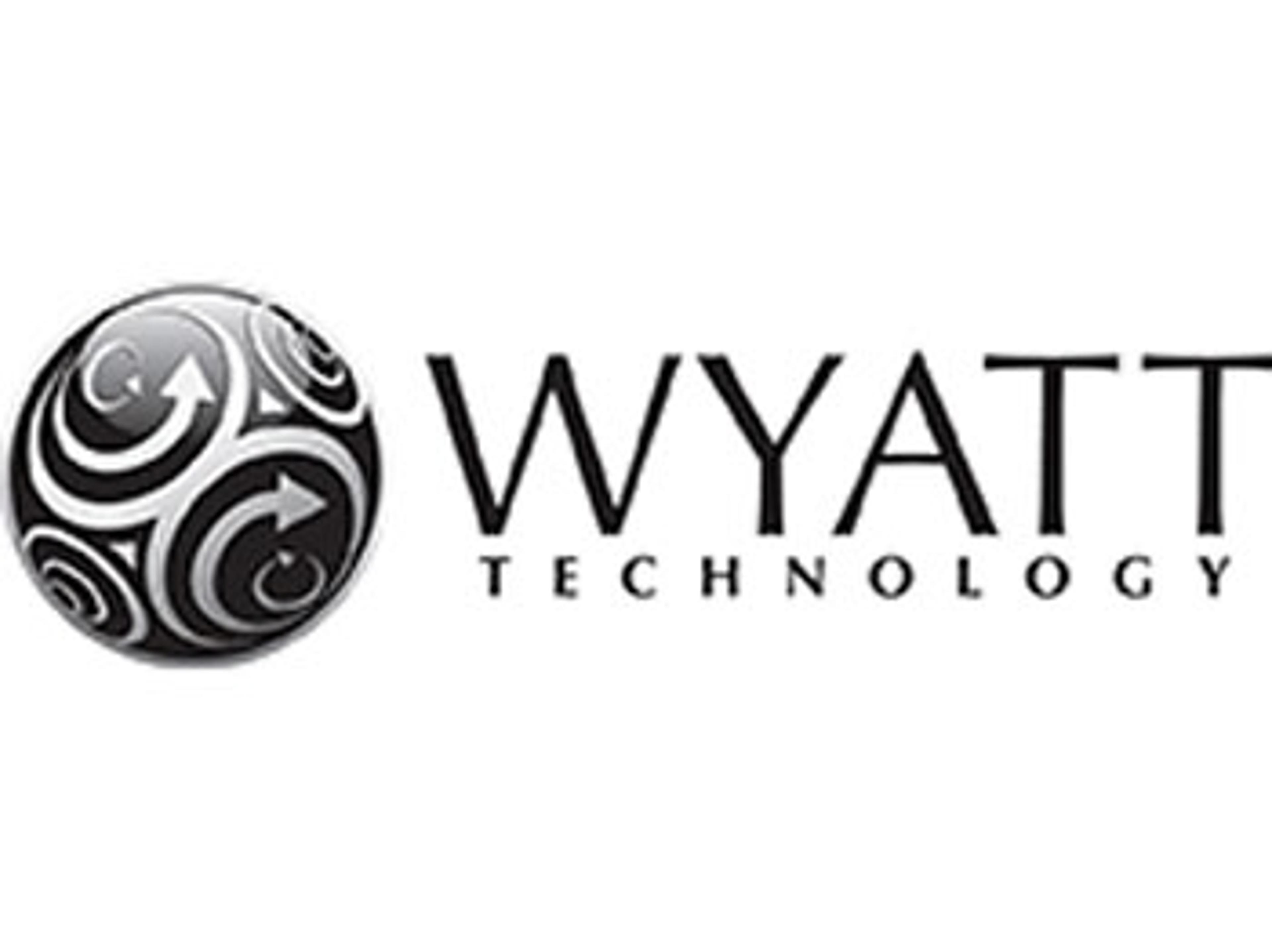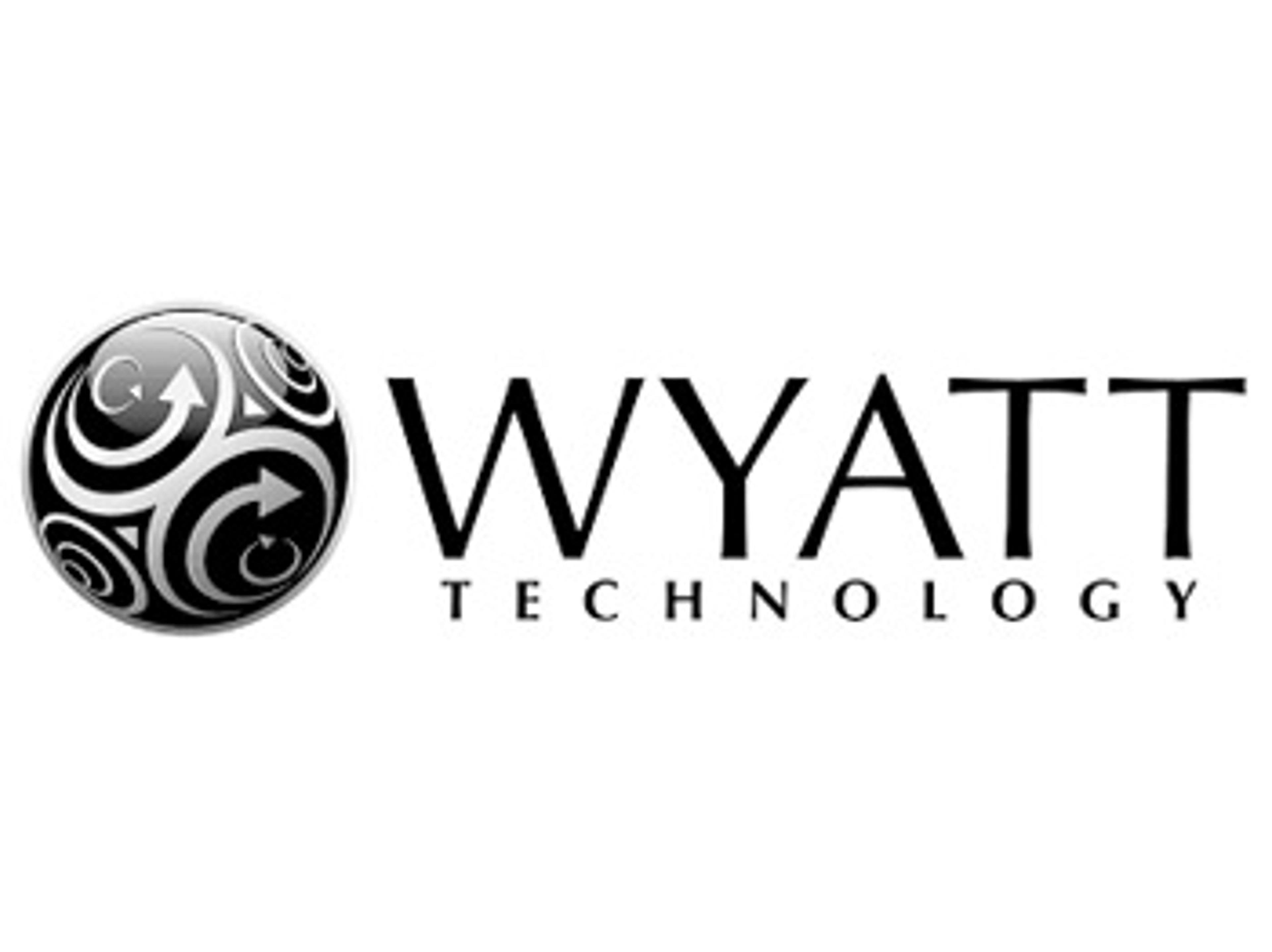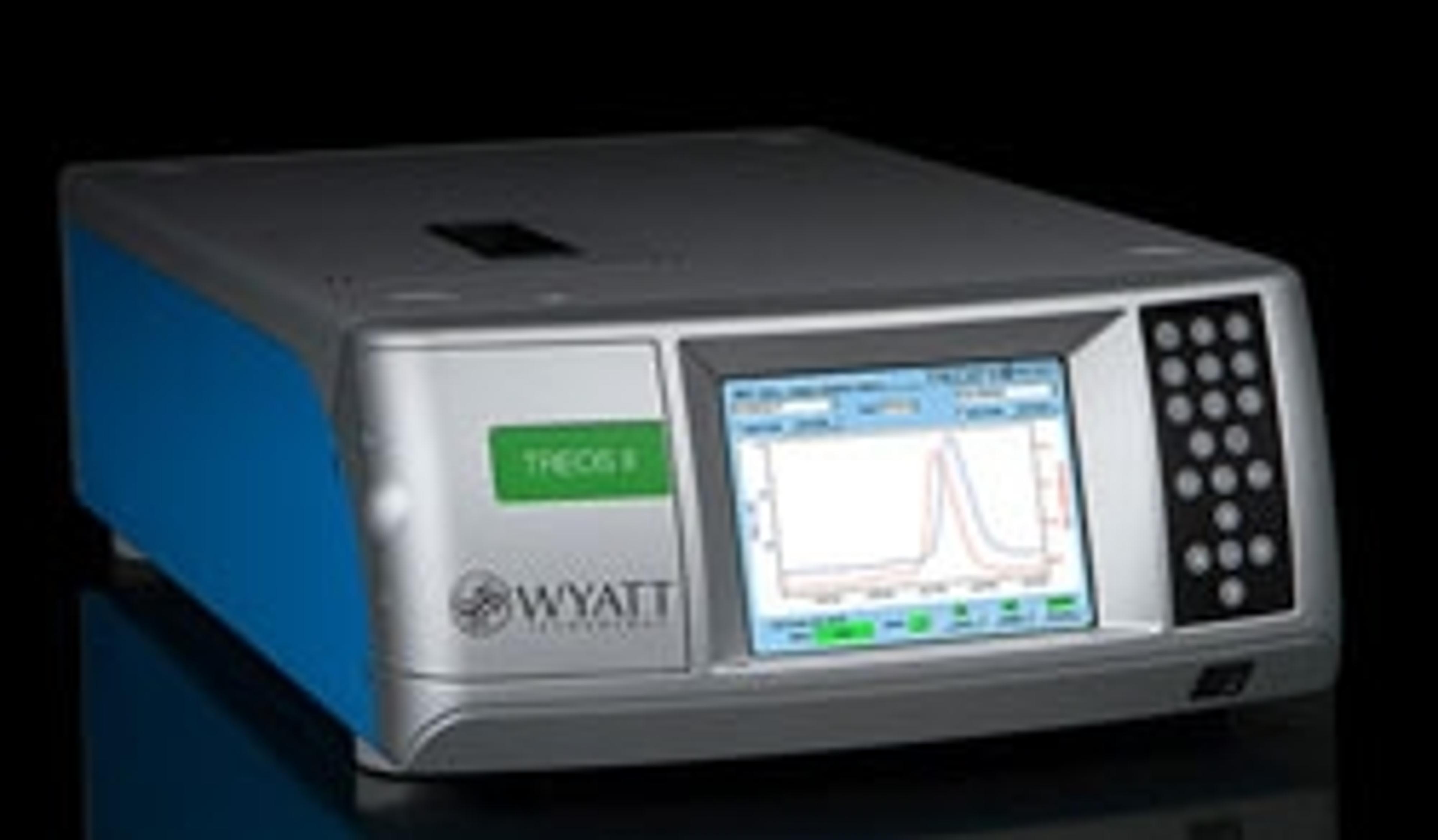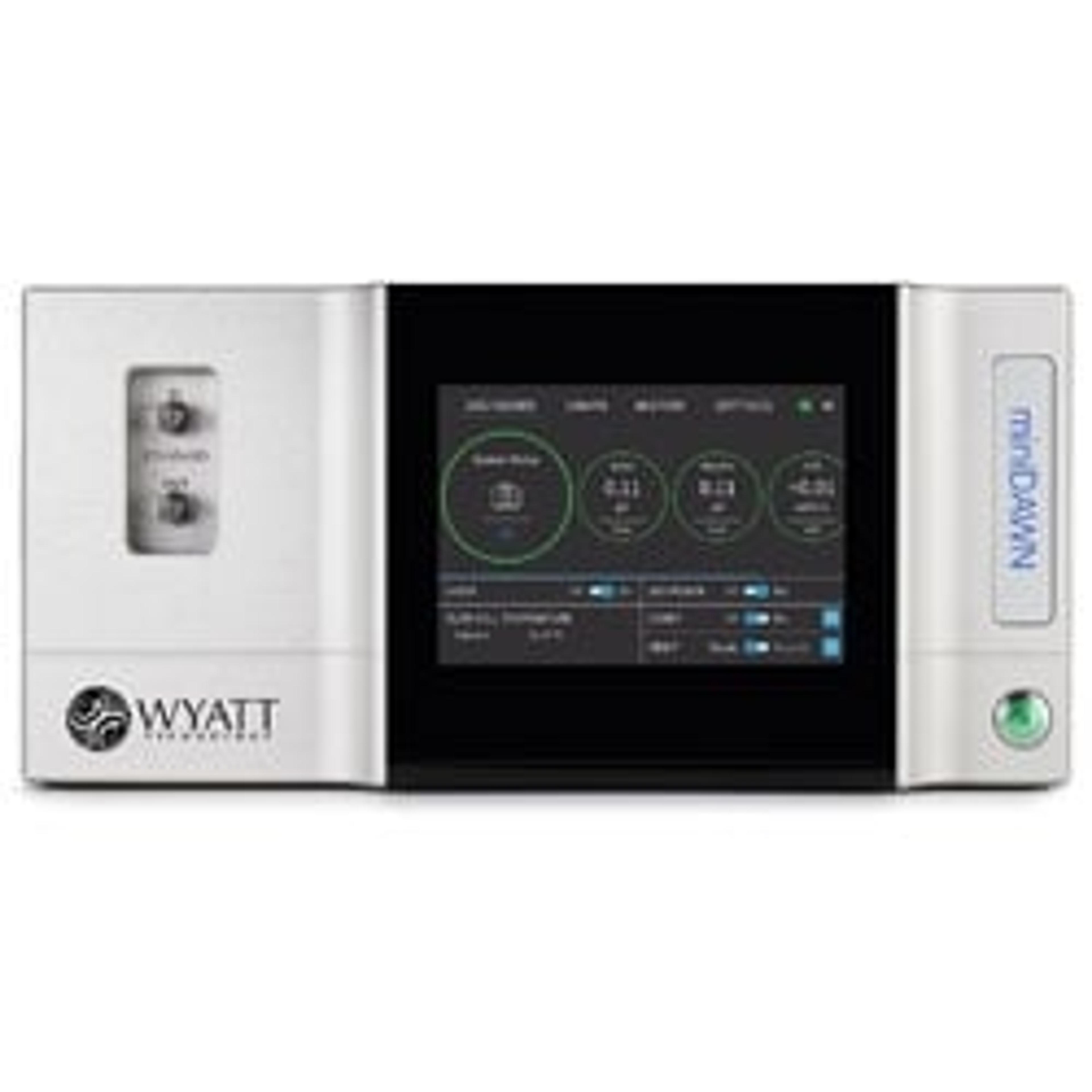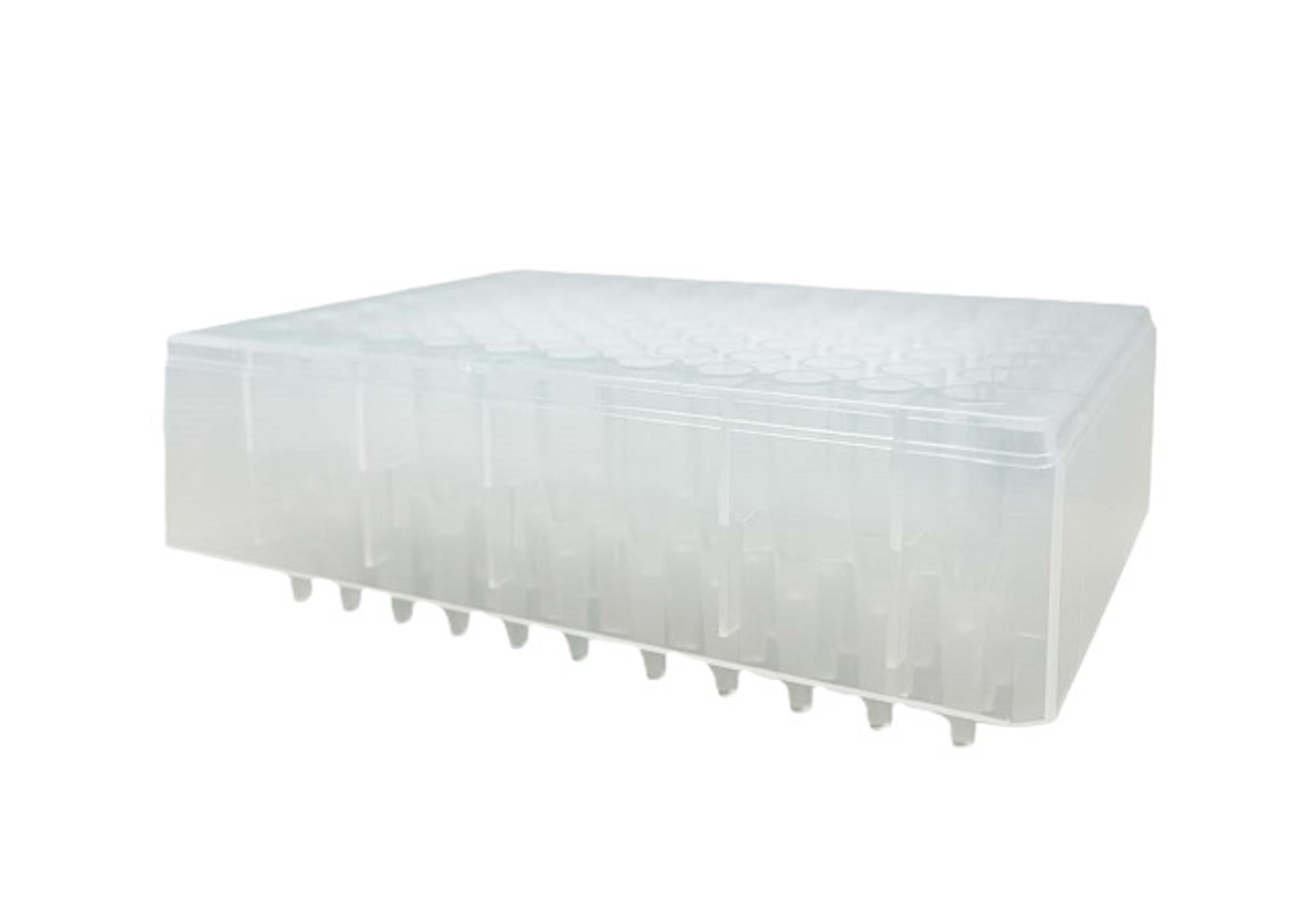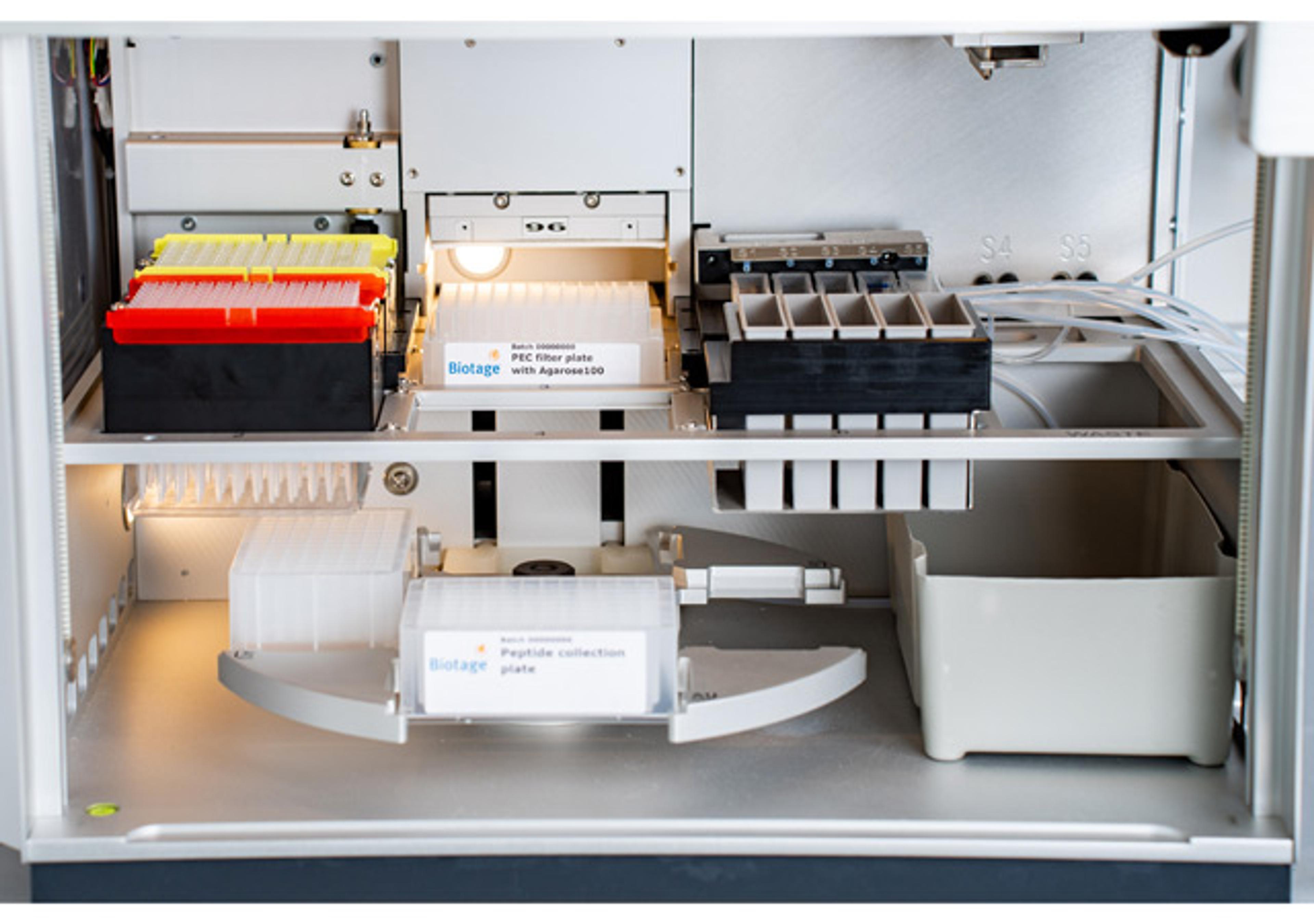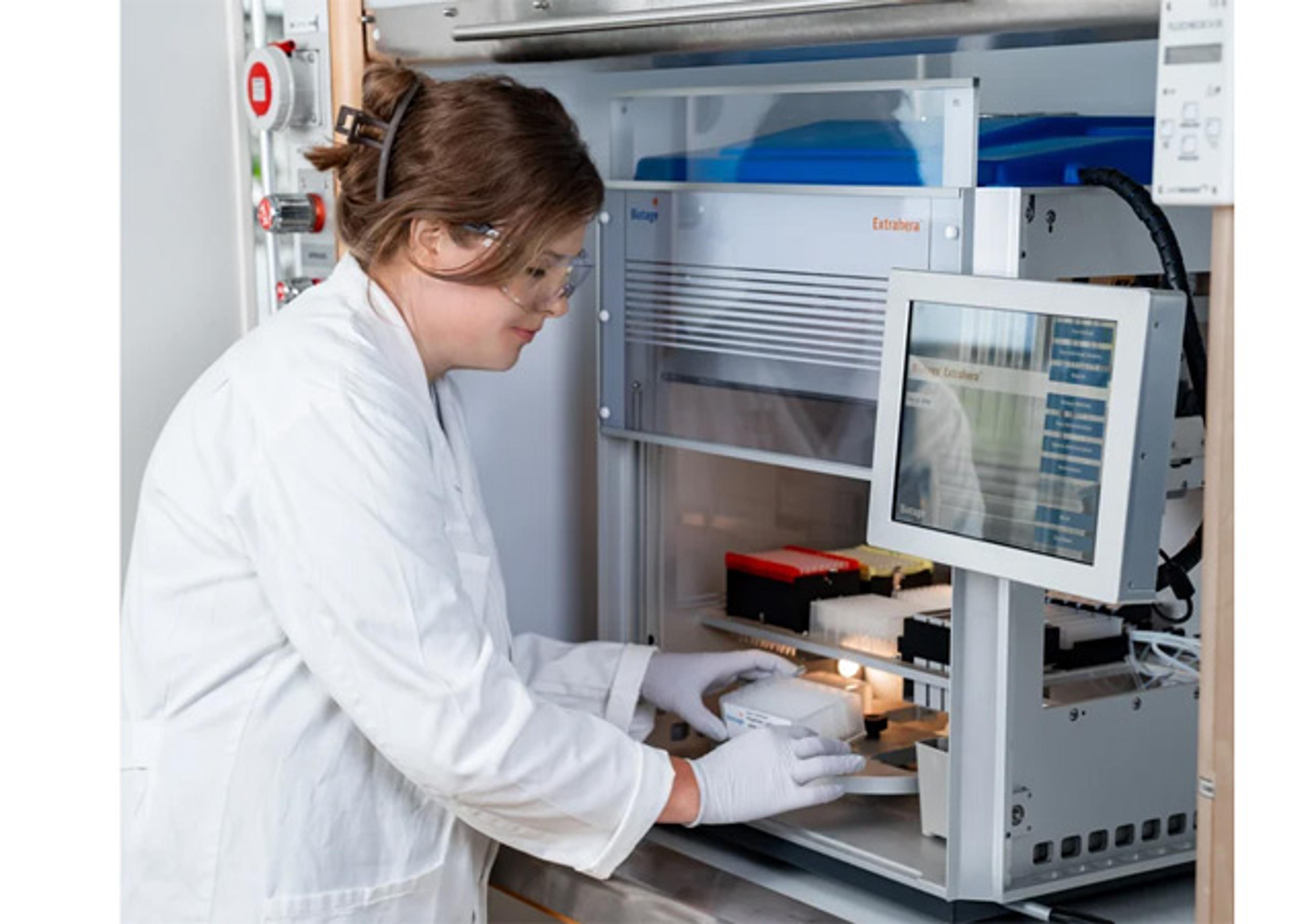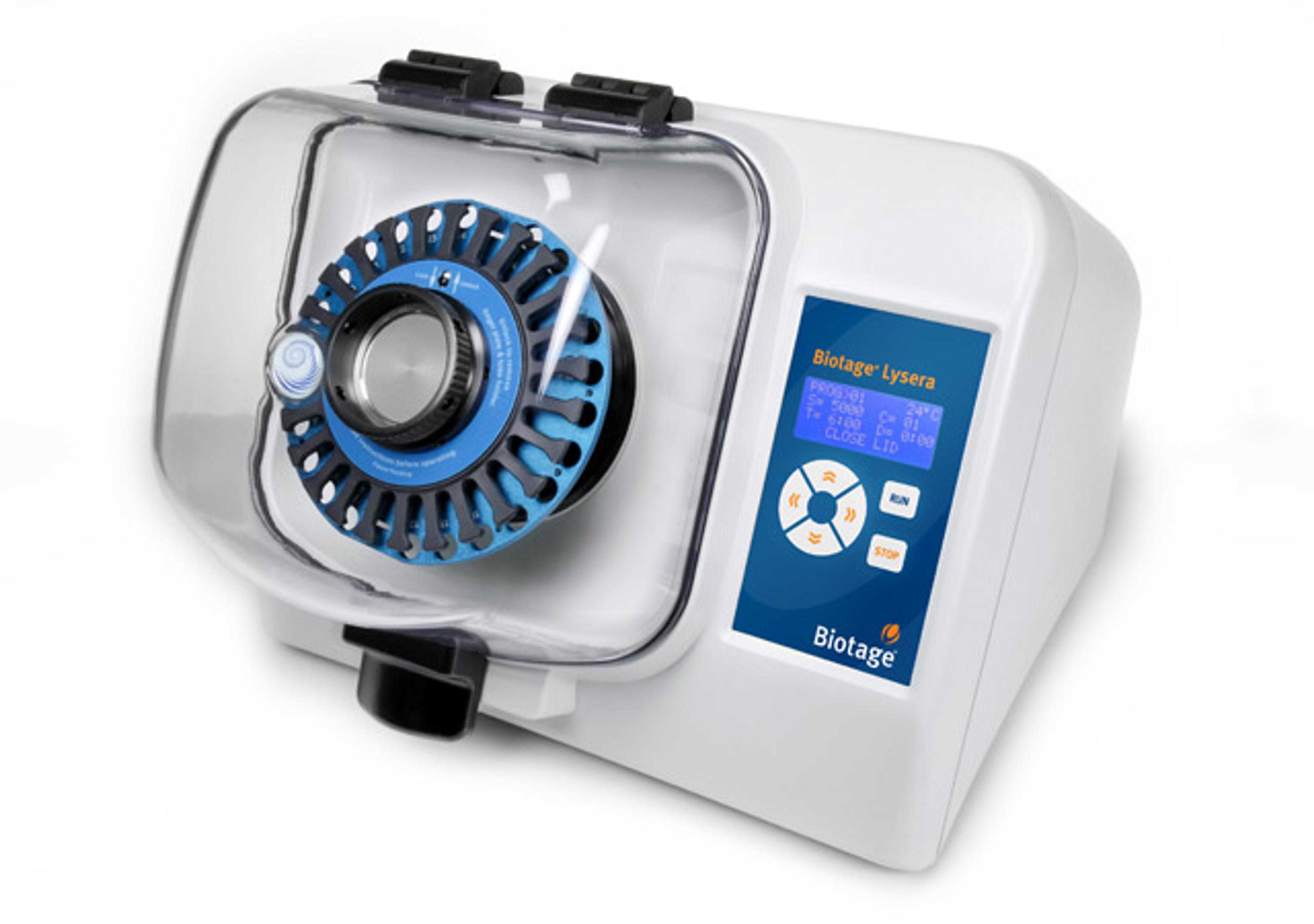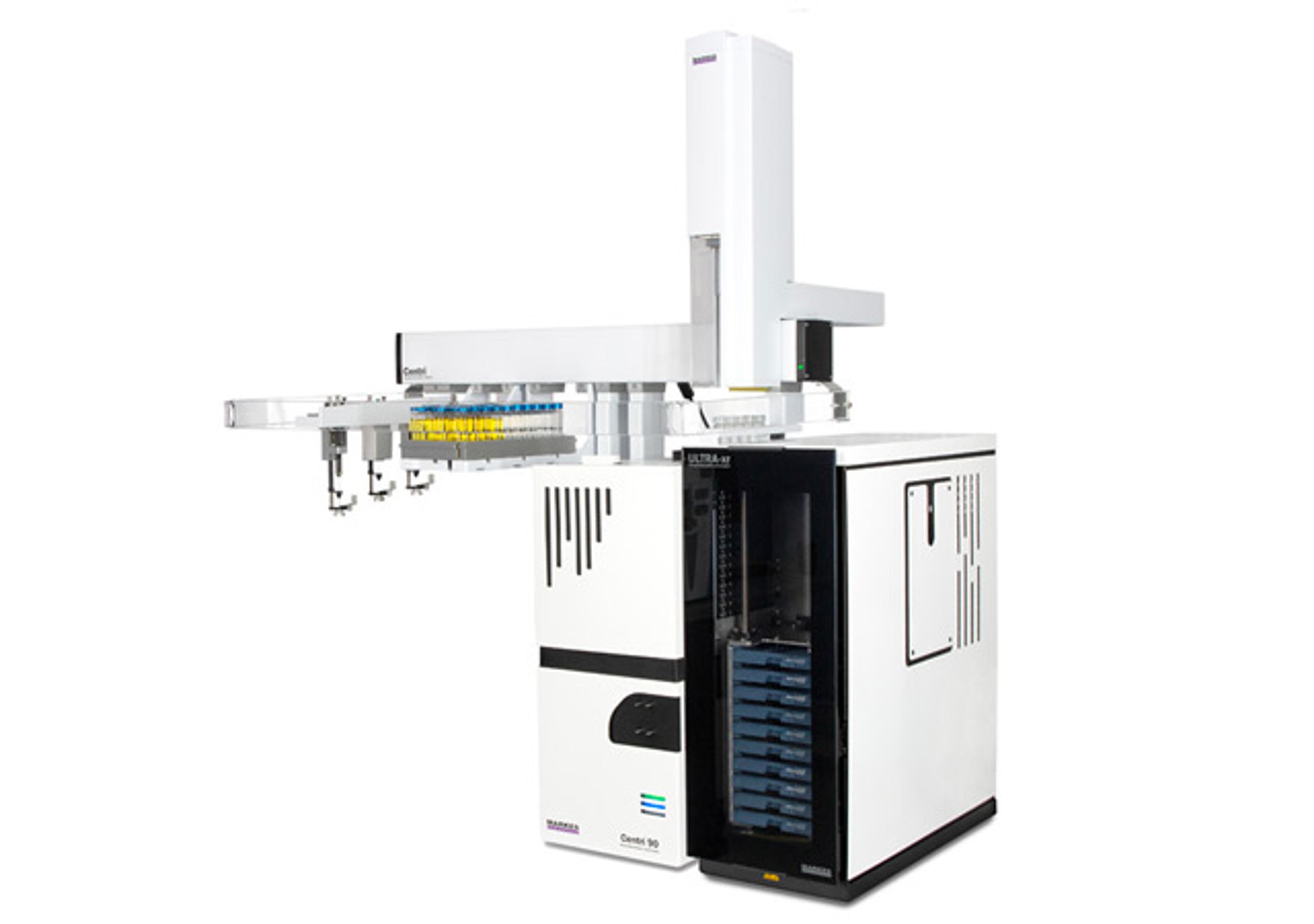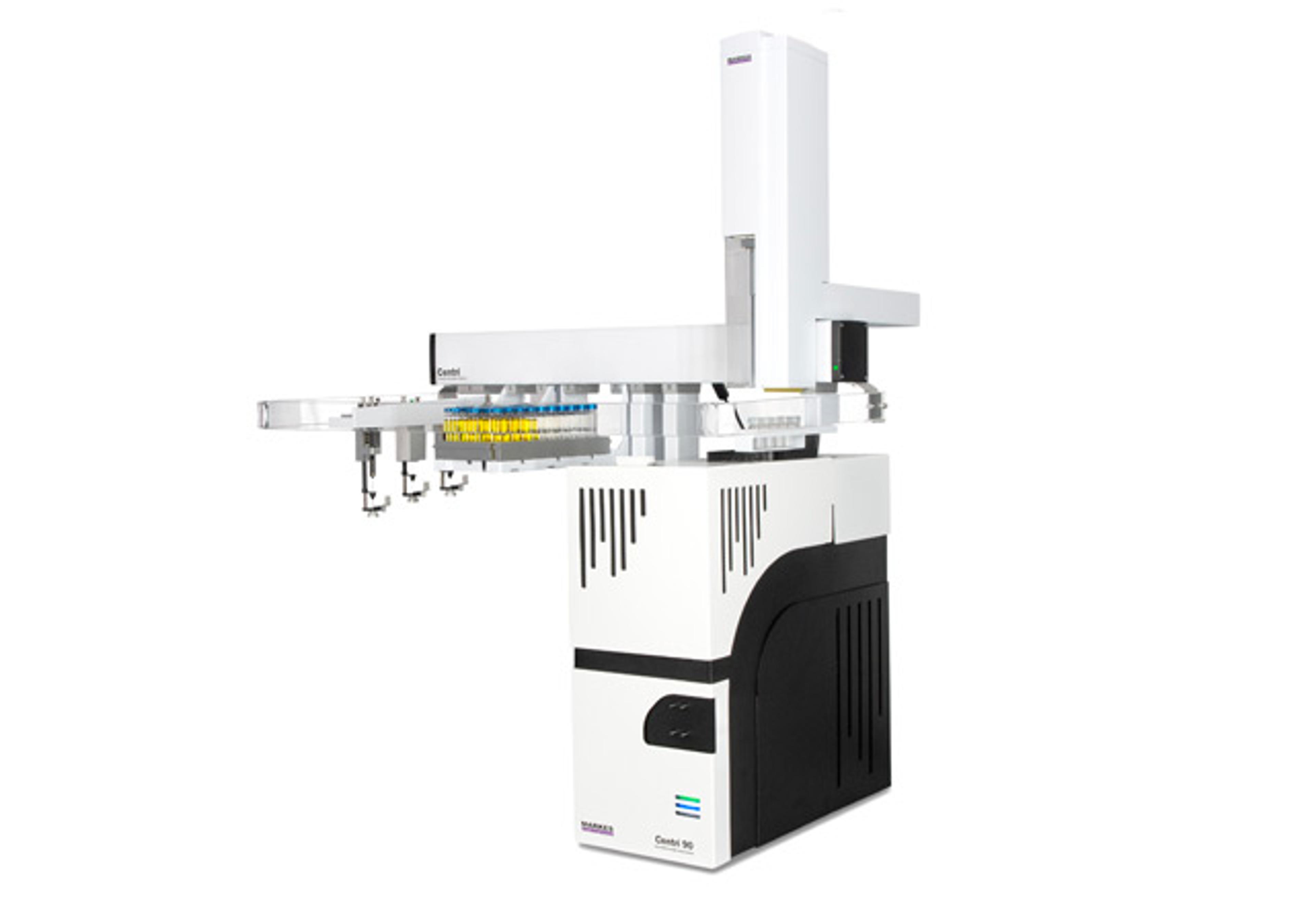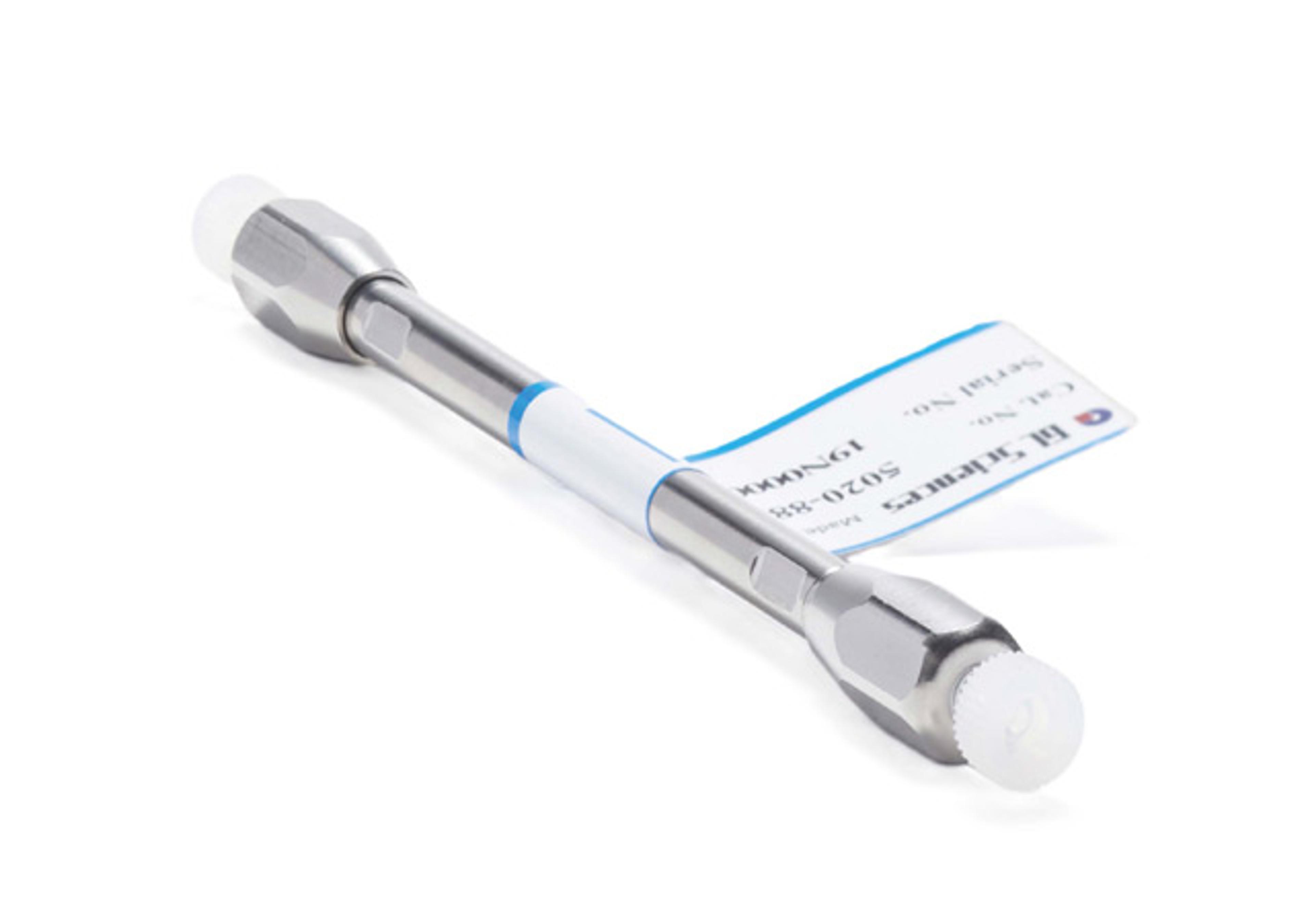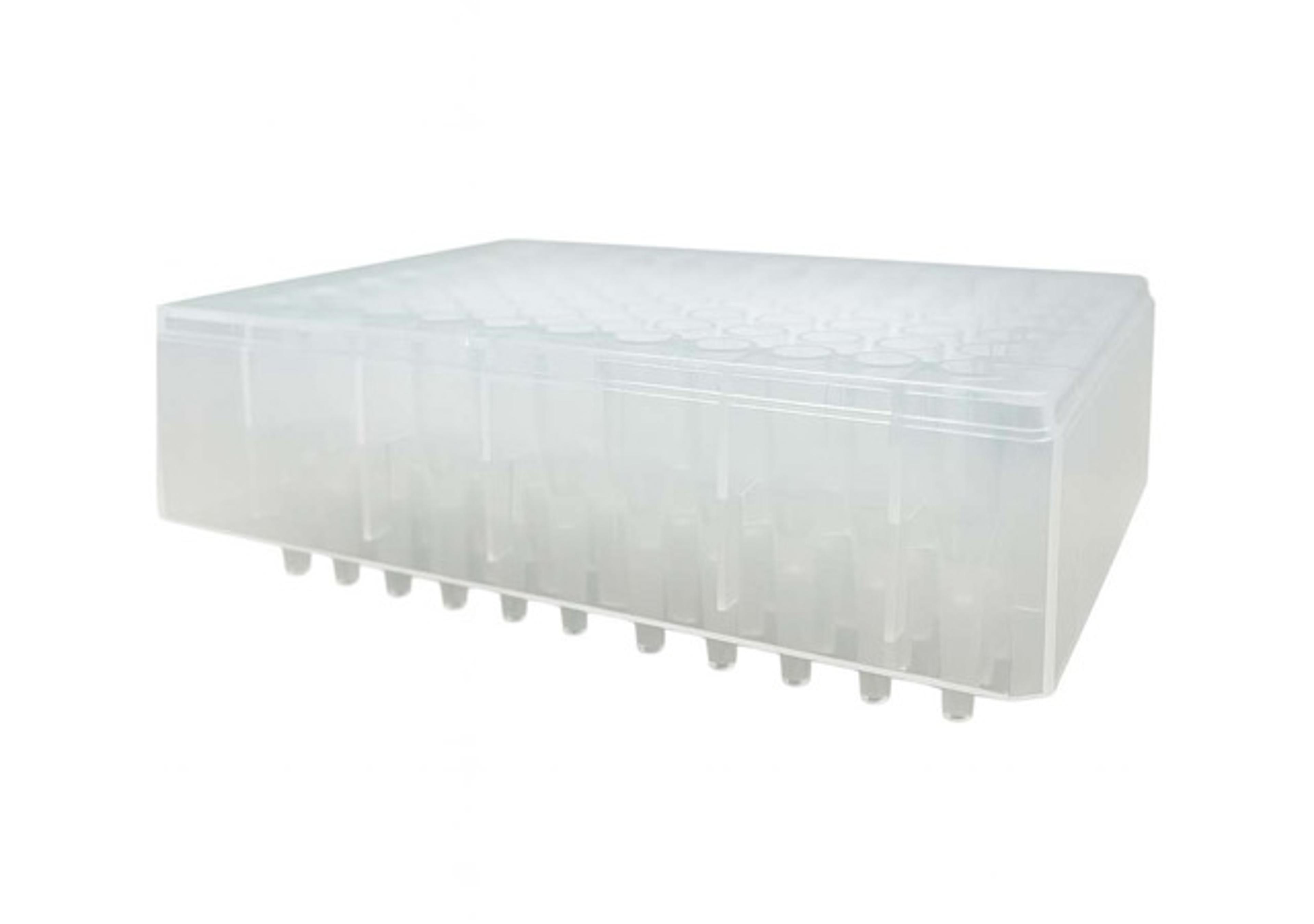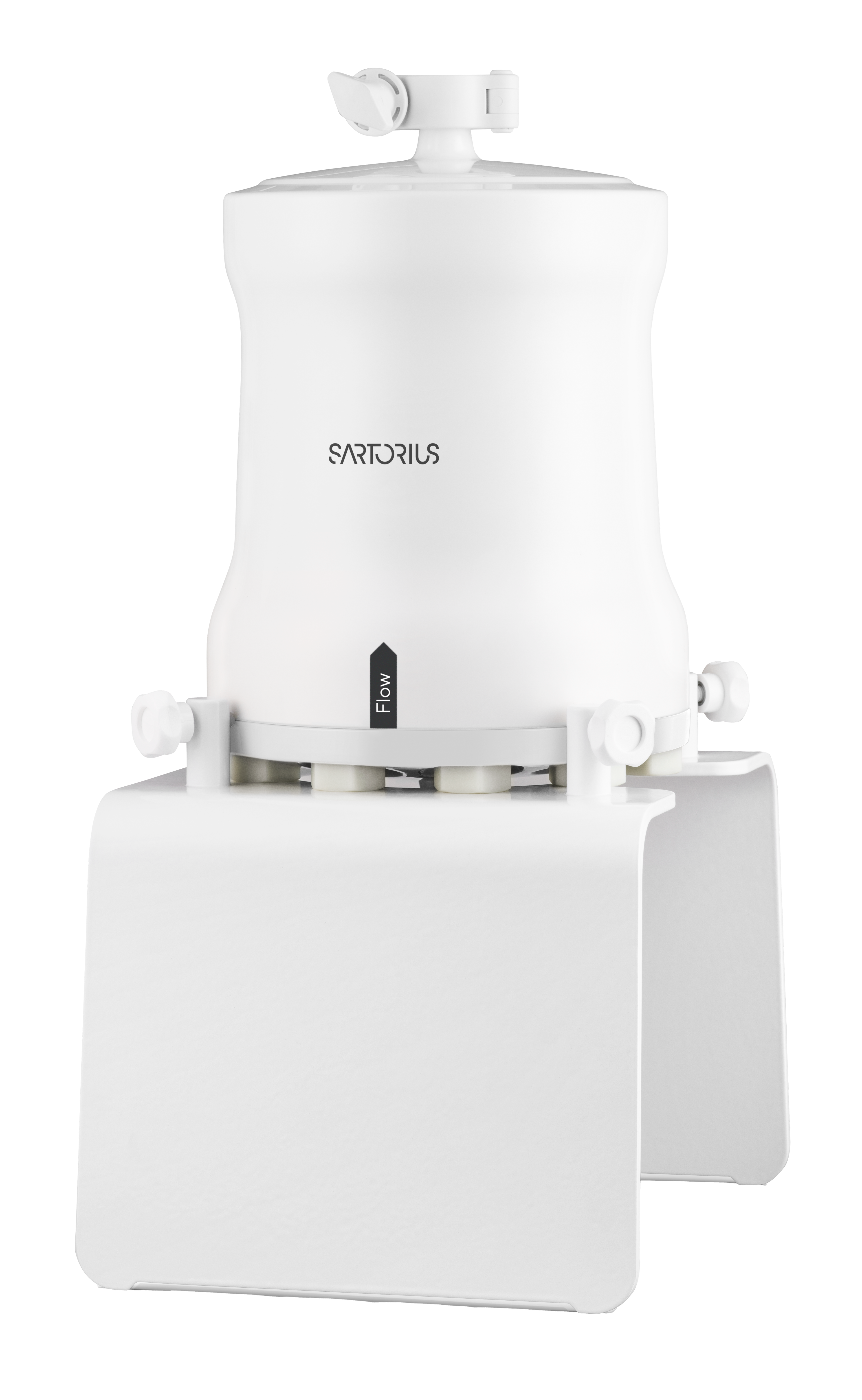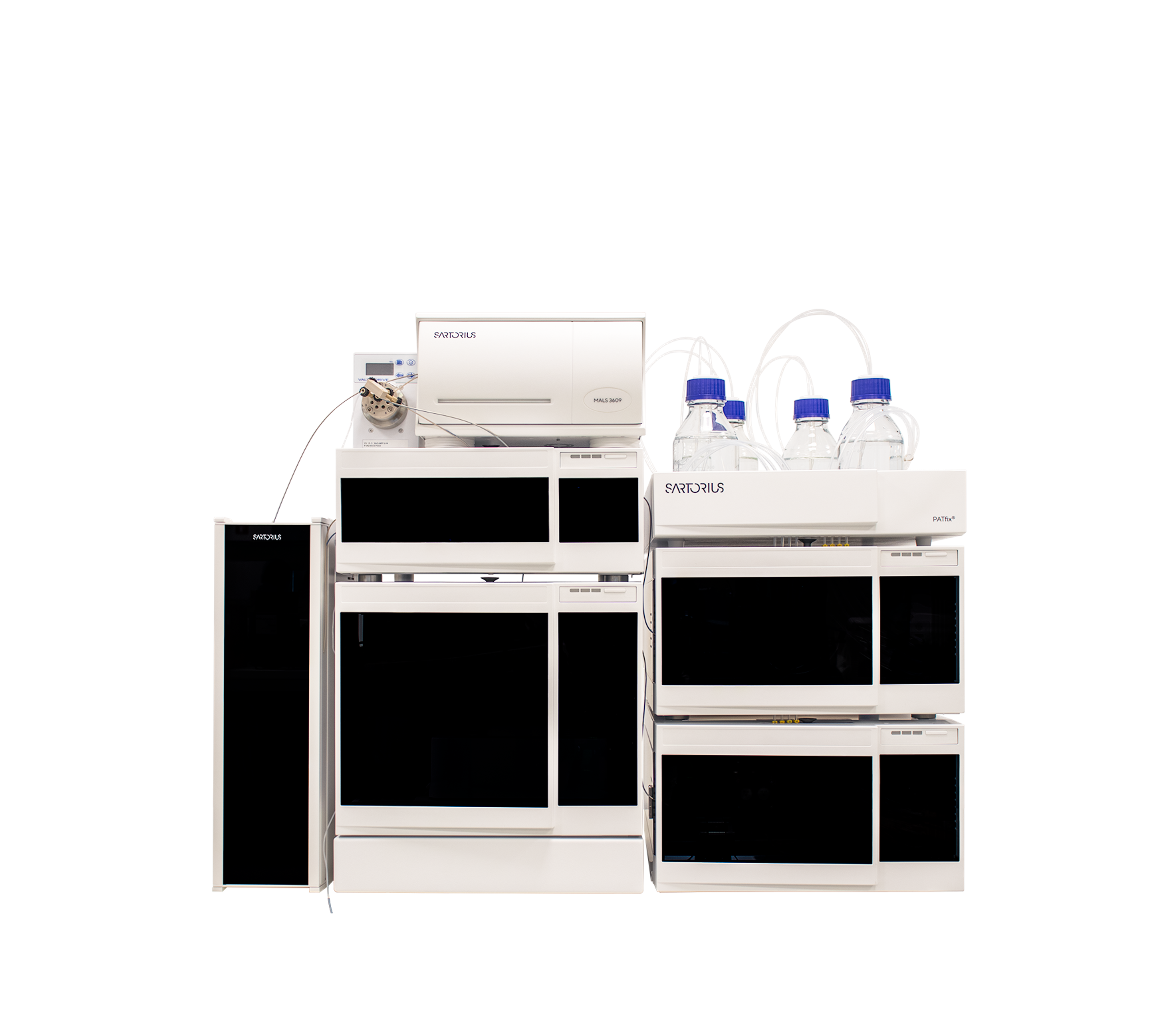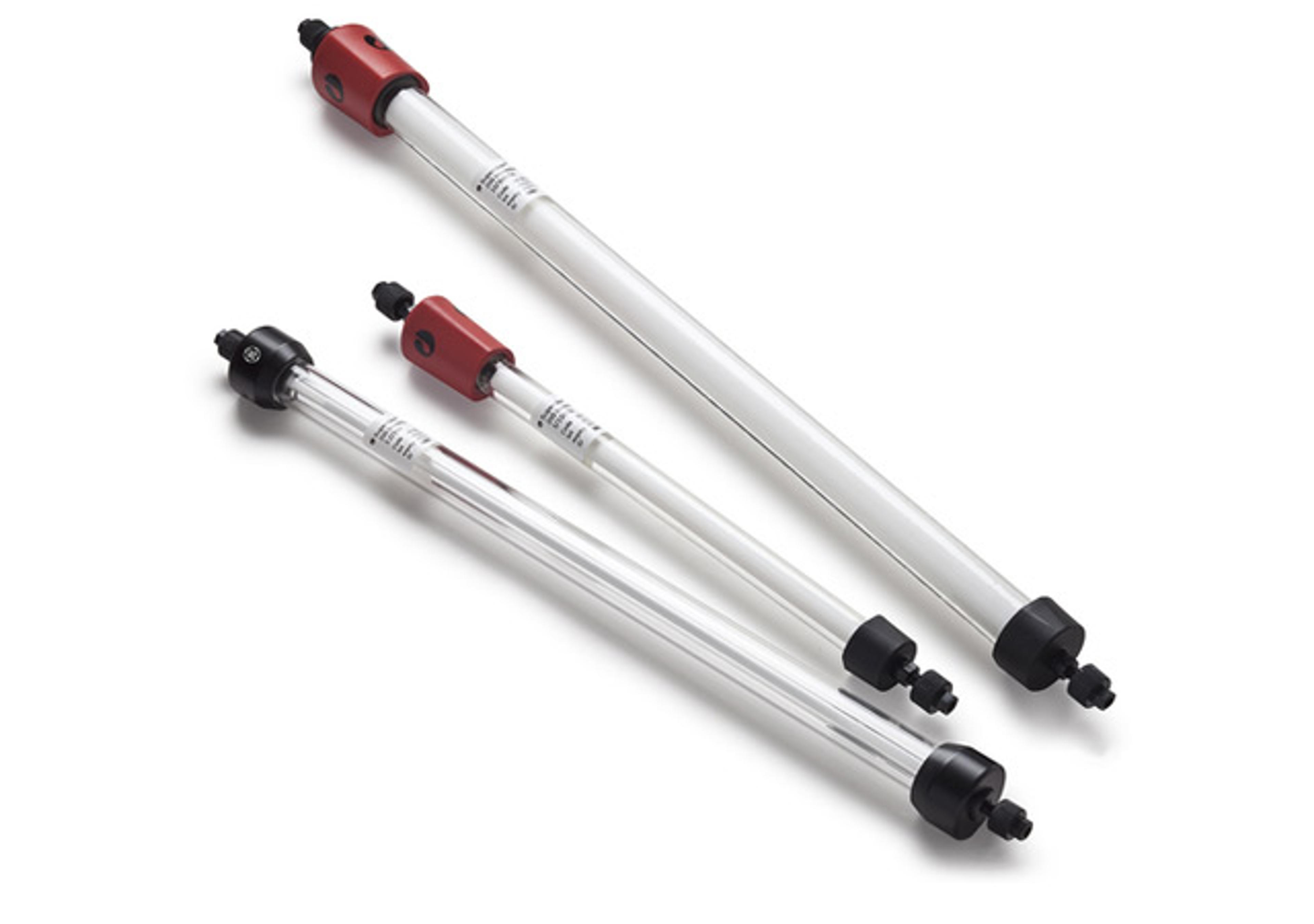miniDAWN™
The miniDAWN™ Multi-Angle static Light Scattering (MALS) detector performs absolute characterization of the molar mass and size of macromolecules and nanoparticles in solution, offering superb sensitivity over a wide range of molecular weight, size and concentration.

The supplier does not provide quotations for this product through SelectScience. You can search for similar products in our Product Directory.
Reliable data and excellent customer service!
Polymer characterization
Really easy to use, and was simple to integrate with my existing HPLC system. The data it produces is extremely reproducible, and the instrument requires little attention which is great. Also, our local Wyatt rep is very accessible for questions that we have and does a great job of answering our questions when they come up. Honestly, one of the best instrument companies I've ever worked with.
Review Date: 14 Dec 2021 | Waters | Wyatt Technology
Accurate and reproducible results. Who could ask for more?
Polymers
Wyatt Technology and the miniDawn came into my life 20+ years ago. The struggle with polyurethane molecular weights is well known. Lots of techniques and instruments fail to give accurate and reproducible results. With the miniDawn we quickly found the solution. The instrument is easy to use, well supported by the Wyatt team, and most of all gave accurate molar mass and configuration results. What a joy!
Review Date: 14 Dec 2021 | Waters | Wyatt Technology
Good MALS-detector for SEC, great support!
Molecular mass Analysis of pharmaceutical proteins
The miniDAWN is connected to an AGILENT HPLC Infinity 1260 system. We use it as an HPLC detector for our SEC system to analyze the molecular mass of pharmaceutical peptides. HPLC and detector can be controlled by Wyatt's ASTRA software without problems. The software is easy to use and user-friendly, but it is very different from OPENLab from Agilent. The system was explained to me very extensively during the installation and the Supplies for maintenance of the device are very detailed. Questions to Wyatt have always been answered very quickly.
Review Date: 14 Dec 2021 | Waters | Wyatt Technology
Overall the instrument is great and gives great results.
Molecular weight analysis on polymeric samples
Instrument is easy to use and software is user friendly. Some times I do get some problem with result reproducibility, mostly when the peaks are not sharp or when there is difference between LS and UV peaks. But overall, the instrument is great and worth the value for money.
Review Date: 7 Jul 2021 | Waters | Wyatt Technology
Excellent accuracy and reproducibility. Awesome after sales support.
MW determination of sulfated polysaccharides and oligonucleotides
The detectors from Wyatt produce very accurate and reproducible results. Their after sales support is excellent. I would definitely recommend using their detector line-up.
Review Date: 7 Jul 2021 | Waters | Wyatt Technology
Outstanding instrument quality and customer service.
Polymer characterization
I am a long time user of Wyatt instruments. Most recently, my lab acquired a Wyatt Treos (multi-angle light scattering detector) and rEX (refractometer). The installation was complete within a day, and Wyatt provides on-sight training for one scientist with instrument purchase. The multi-day training is comprehensive and highly informative. Customer service is outstanding, with prompt responses to any inquiry. Their instruments and software are top of the line. Strongly recommend this line of equipment for any molecular weight determination and/or size exclusion chromatography detection.
Review Date: 9 Jul 2020 | Waters | Wyatt Technology
Good detector for size exclusion with great support.
Analyze molecular weight of proteins and pharmaceutical additives
We got this detector alongside an Agilent HPLC system last year. The complete installation and calibration was done by an technician from Wyatt and it has worked very well. The technician gave us a informative introduction to the instrument and was great at answer our questions. We got a lot of additional supplies for mainentance and operating (syringe filters, cleaning material, BSA-Standards and buffer substances for hard checks). The cooperation between Wyatt and Agilent could be better. The control of the HPLC and the miniDAWN works with Wyatt's ASTRA Software, which is easy-to-use and intuitive for results and reports. But on the other hand, control of the HPLC system is partly confusing and a little bit tricky (e.g. the switch-on procedure requires a distinct order of switch on's). Whereas evaluation and creating reports/graphs is easier to handle with ASTRA than with OpenLab CDS Software from Agilent. Results and graphs can be easily be exported to MS Office and the ASTRA software can be installed on other computers without license problems for evaluation and reporting. The miniDAWN itself works as a SEC detector as per description.
Review Date: 29 May 2020 | Waters | Wyatt Technology
Great instrument, good software, bad support policy.
Polymers and small molecules
Our MiniDAWN runs like a clock and has been a great tool for molecular weight analysis in the lab. I thought the ASTRA software had a relatively steep learning curve, but works fine once the user becomes comfortable.
Review Date: 27 May 2020 | Waters | Wyatt Technology
The detector is a great expansion of our SE-HPLC workflow. We don’t want to miss it!
Analysis of molecular weights and polydispersity of purified protein samples
Affimed GmbH our vision is to stop cancer from ever derailing patients’ lives. By using our modular and versatile ROCK® (Redirected Optimized Cell Killing) platform, we generate proprietary, next-generation antibodies. Our tetravalent (four binding sites) bispecific (two targets) innate cell engagers are designed to bring innate immune cells (NK cells or macrophages) into proximity to cancer cells and trigger a signal cascade that leads to the destruction of these cancer cells. In consequence, we aim to actualize the next great advancement in IO by creating novel medicines designed to give patients back their innate ability to fight cancer. In my department, we analyze and monitor the assembly of our ROCK® engager formats and therefore screen many different molecular antibody formats on a daily basis. We were looking for a method or an instrument which enables rapid determination of the molecular weight of proteins in their native state at any timepoint in our purification process. We purchased a miniDAWN TreosII two years ago as an expansion of our HPLC system. Today we are mainly using the detector for SEC-MALS analysis which has become one of our standard methods, both for analysis of final protein samples and for in-process controls in terms of molecular weights and polydispersity of the sample. In the meantime we further expanded our system by adding an online Refractive Index Detector (Optilab T-rEX) to increase data accuracy and flexibility of measuring unknown sample components by SEC-MALS.
Review Date: 21 Feb 2020 | Waters | Wyatt Technology
Our group's (thoroughbred) workhorse!
Synthetic polymer chemistry
This instrument is used daily by our grad students and researchers to characterize the polymers prepared in our lab. It has given us virtually trouble-free operation for many years now. In the rare event that we needed assistance, the Wyatt service team was excellent and quick. Even after the warranty expired, their help has been fantastic. Also, the LSU training sessions were brilliant, and those alone should make anyone strongly consider purchasing their LS detector from Wyatt.
Review Date: 12 Dec 2019 | Waters | Wyatt Technology
The miniDAWN™ multi-angle light scattering (MALS) detector connects to most HPLC, GPC, FPLC or FFF separation systems to determine absolute molecular weight, size, and conformation of peptides, proteins, small polymers and nanoparticles, in solution, without reference to calibration standards.
Eliminate column calibration and idealized assumptions, gain certainty with first-principles MALS analysis. The miniDAWN™ provides high sensitivity, a wide range of measurement, productivity and versatility second only to that of the DAWN™ MALS detector.
Features:
- Sensitivity in SEC-MALS mode: 25 ng of 100 kDa polystyrene in THF, or 500 ng of BSA in PBS, using 7.8 x 300 mm SEC columns
- Range of molar mass: 200 Da to 10 MDa (may vary with molecular composition or solvent)
- Range of rms radius Rg : 10 nm to 50 nm
- Integrated ultrasonic cell cleaning module
- DLS: optional WyattQELS™ embedded dynamic light scattering detector for particle sizes from 0.3 nm to 50 nm (Rh)
- Touch-panel display for immediate access to data, diagnostics and settings
- Serviceability: fully field-serviceable with extended self-diagnosis of field-replaceable flow cell and hardware modules
- Software: ASTRA® chromatography software provides comprehensive analyses and user-friendly features including HPLC control, “One-click MW” and user-designed reports. Optional 21CFR11 support for GMP.
Applications:
- Proteins: absolute molar mass, size and stoichiometry of monomers, oligomers, complexes, aggregates and fragments.
- Glycoproteins, detergent-solubilized membrane proteins, PEGylated proteins, protein-polysaccharide and protein-DNA complexes; heme-containing proteins that absorb laser light
- Protein-protein and protein-nucleic acid interactions
- Polymers: absolute molar mass and size (distributions and moments), conformation, branching and second virial coefficient
- Linear or branched polymers, co-polymers
- Nanoparticles: size distributions, structure, encapsulation and concentration of vesicles, dendrimers, small viruses, VLPs, and more
- Most aqueous and organic solvents

